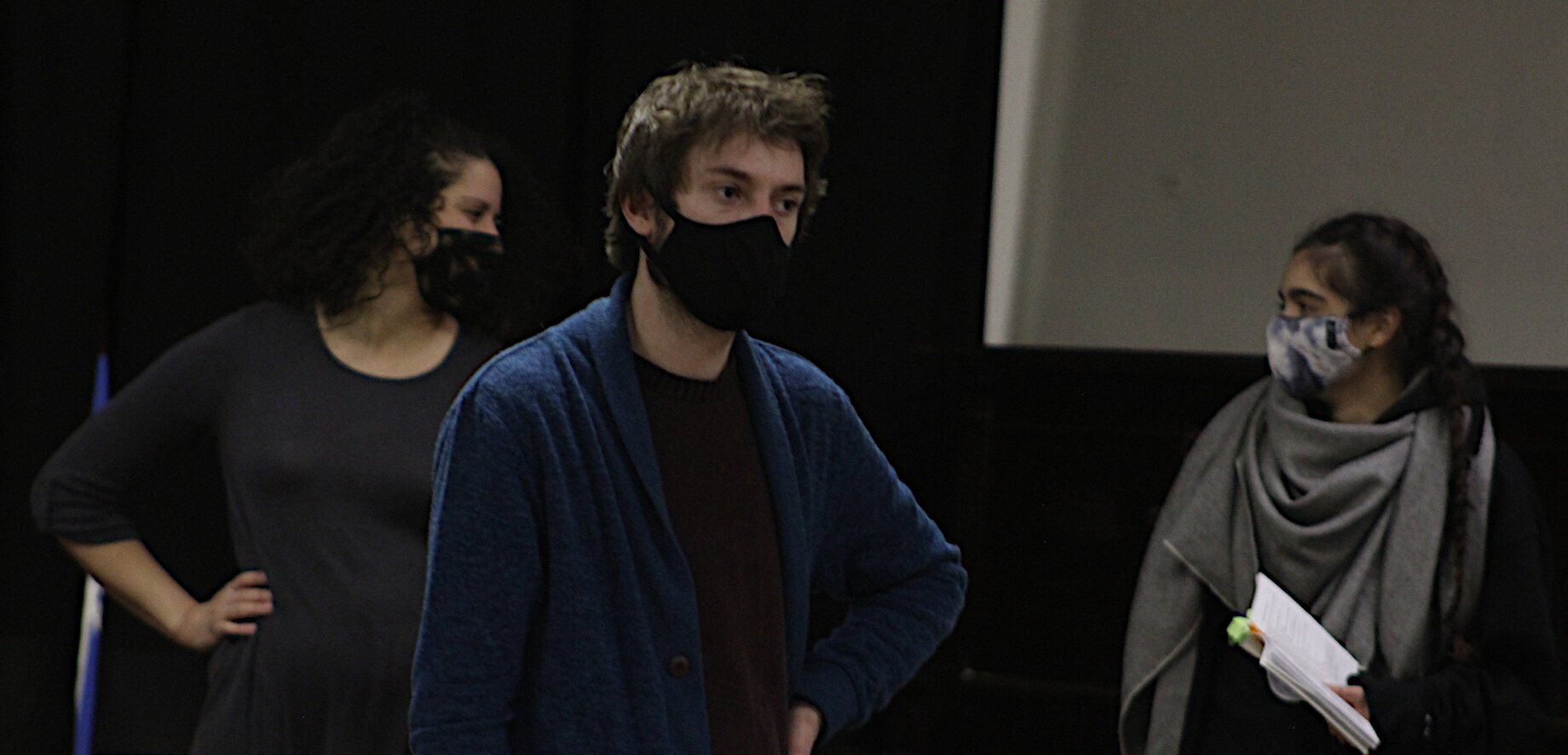POLAROID STORIES by Naomi Iizuka
/Inspired in part by Ovid’s Metamorphoses, Polaroid Stories takes place on an abandoned pier on the outermost edge of a city, a way-stop for dreamers, dealers, and desperadoes, a no-man’s land where runaways seek camaraderie, refuge, and escape. Serpentine routes from the street to the heart characterize the interactions in this spellbinding tale of young people pushed to society’s fringe.
Directed by Mark Kuntz
“Naomi Iizuka’s dark and gritty Polaroid Stories delivers a gut-punch of love lost, violence, homelessness, and addiction. Sure, it will kill your buzz and ruin your date night. Sometimes good theater does. And Polaroid Stories is brutally good.” —DC Theatre Scene
Notes about Polaroid Stories, by Ben Leubner, Dramaturg
Ovid’s Metamorphoses is about transformation. Human figures are turned into animals, streams, trees, constellations; men into women, women into men. Philomela becomes a nightingale, Daphne a laurel, and Echo the shreds of the voices of others.
The legacy of the Metamorphoses is a legacy of transformation. Ovid himself took stories from other sources and reshaped them, and correspondingly, characters from Ovid reappear in subsequent literature; his influence on Dante is clear, and Shakespeare thoroughly mined the Metamorphoses for material for his plays.
Today, tales from Ovid continue to be recycled, retold, and reshaped everywhere you look: in young adult fantasy and dystopian literature; in the cinematic worlds of Disney, Marvel, and DC Comics; in music, drama, and fine art; and most importantly, in our own lives.
Desire transforms us; love transforms us; traumatic experience transforms us. As the world buffets us about, our shapes change, literally and figuratively. Orpheus and Eurydice, Narcissus and Echo, Semele, Persephone, and others are all transformed once more, this time into us. We become them. This is the premise of Naomi Iizuka’s 1999 play, Polaroid Stories, which reshapes and recasts tales from Ovid’s Metamorphoses, setting them on the ragged edges and in the forgotten corners of the modern city.
The actors in this play are not only costumed as the characters whom they’re playing. The actors are themselves the characters. Orpheus, Echo, Dionysus, and Philomela have put on costumes and so convincingly persuaded themselves that they are us that we forget we’re not ourselves, but them. There are as many characters in Polaroid Stories as there are actors on stage and members of the audience on any given evening.



